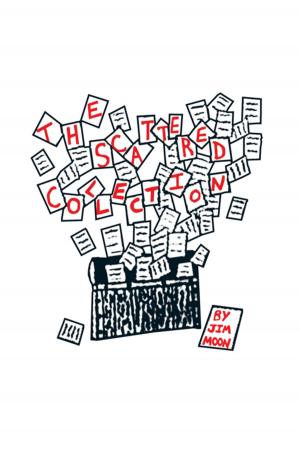The Traumatic Past and Uncertain Future of South Sudan
Perspective from Social Responsibility on Local and Global Issues & the Relentless Struggle for Education.
Biography & Memoir, Political, Nonfiction, History| Author: | Nhial Thiwat Ruach | ISBN: | 9781504953931 |
| Publisher: | AuthorHouse | Publication: | November 25, 2015 |
| Imprint: | AuthorHouse | Language: | English |
| Author: | Nhial Thiwat Ruach |
| ISBN: | 9781504953931 |
| Publisher: | AuthorHouse |
| Publication: | November 25, 2015 |
| Imprint: | AuthorHouse |
| Language: | English |
This book examines post-colonial and post-independence challenges facing South Sudan, both external and internal factors as it transitions into becoming a nation state. Other focuses are issues that hinder the implementation of good governance, delivery of services to the people, preservation of the environment and natural resources, and the unity among South Sudans multiple ethnicities. The book also briefly touches on my personal journey in pursuit of elementary and higher education, a rough journey that began in a country that has been ravaged by a civil war. Therefore, it would serve as informative and inspirational to those who may face difficult experiences as a refugee or emigrants. In addition, this book supposed to be published in the summer of 2013; however, the author was caught in a civil war that broke out while on a visit in South Sudan and he escaped near death twice, in the Juba massacres of the Nuers and the attack on his home town of Ulang, all were carried out by the South Sudan military, ordered by countrys leader, Salva Kiir Mayardit. As a result, the author was stranded in the remote area of South Sudan for more than a year before he could finally return to the United States. Since this book is written from Social Responsibility and Social Justice perspectives, it addresses some of the issues that affect individual and the society as whole. And some of the Issues covered in this book were among the forecasting challenges and problems that are now facing people of South Sudan under the leadership of Salva Kiir and some of them came to reality as I predicted them during the writings of this book.
This book examines post-colonial and post-independence challenges facing South Sudan, both external and internal factors as it transitions into becoming a nation state. Other focuses are issues that hinder the implementation of good governance, delivery of services to the people, preservation of the environment and natural resources, and the unity among South Sudans multiple ethnicities. The book also briefly touches on my personal journey in pursuit of elementary and higher education, a rough journey that began in a country that has been ravaged by a civil war. Therefore, it would serve as informative and inspirational to those who may face difficult experiences as a refugee or emigrants. In addition, this book supposed to be published in the summer of 2013; however, the author was caught in a civil war that broke out while on a visit in South Sudan and he escaped near death twice, in the Juba massacres of the Nuers and the attack on his home town of Ulang, all were carried out by the South Sudan military, ordered by countrys leader, Salva Kiir Mayardit. As a result, the author was stranded in the remote area of South Sudan for more than a year before he could finally return to the United States. Since this book is written from Social Responsibility and Social Justice perspectives, it addresses some of the issues that affect individual and the society as whole. And some of the Issues covered in this book were among the forecasting challenges and problems that are now facing people of South Sudan under the leadership of Salva Kiir and some of them came to reality as I predicted them during the writings of this book.















